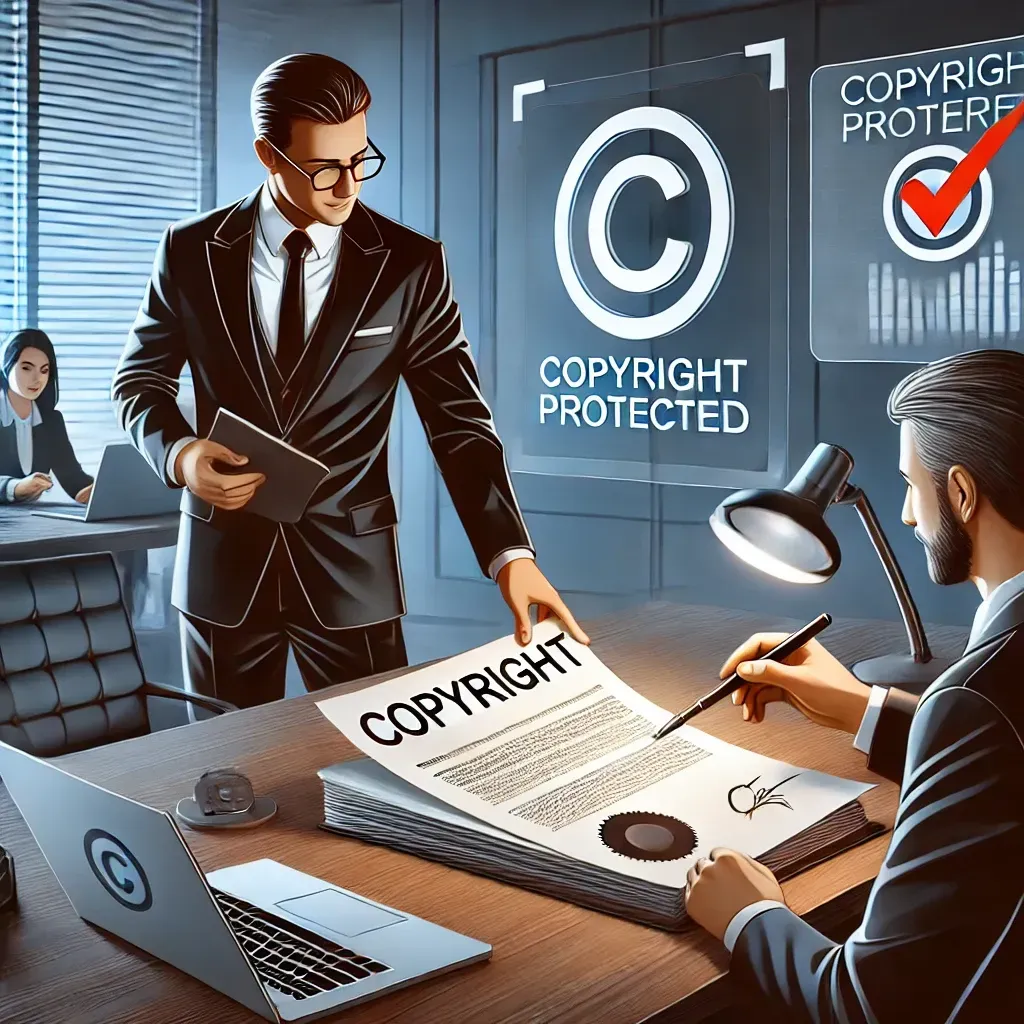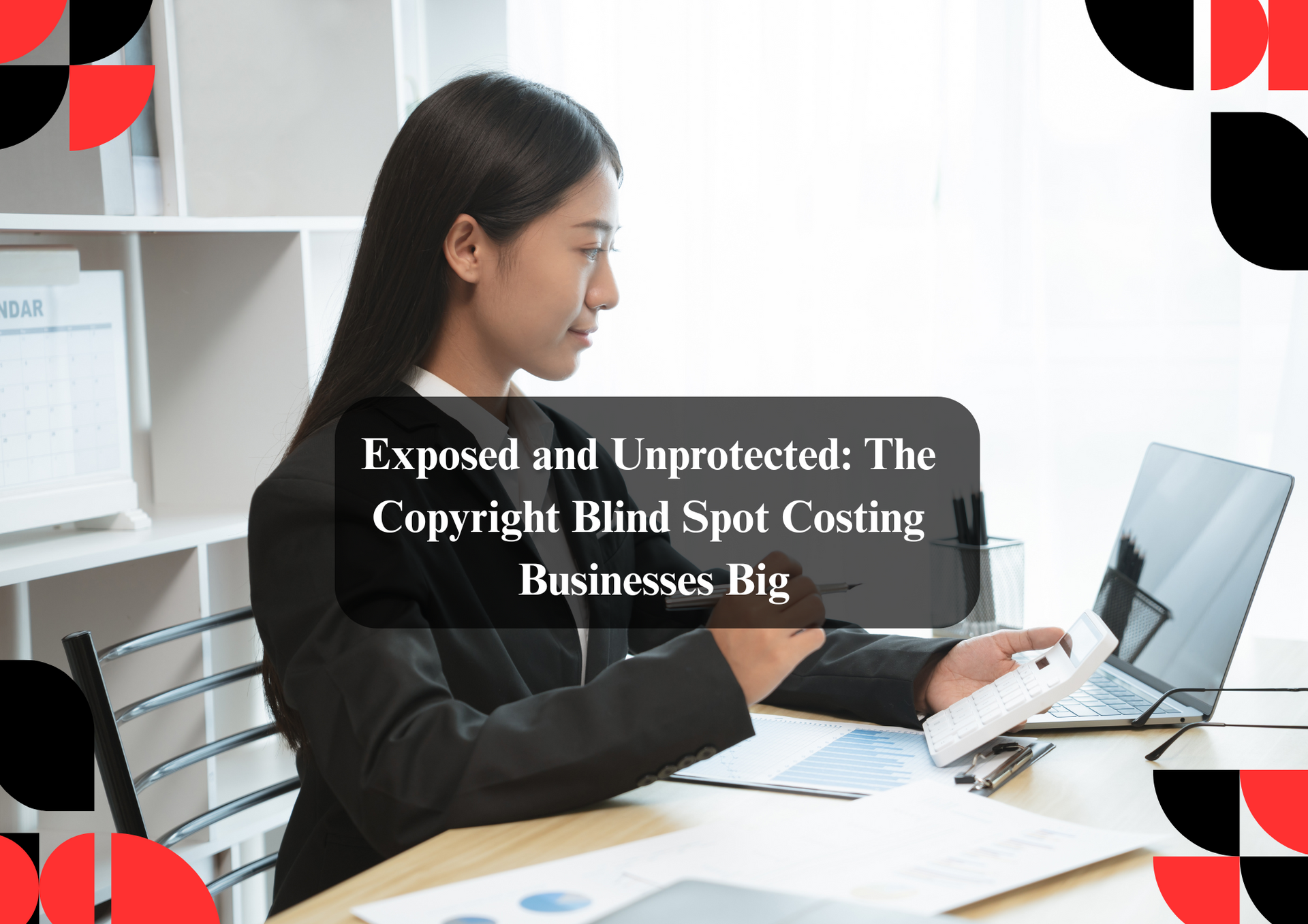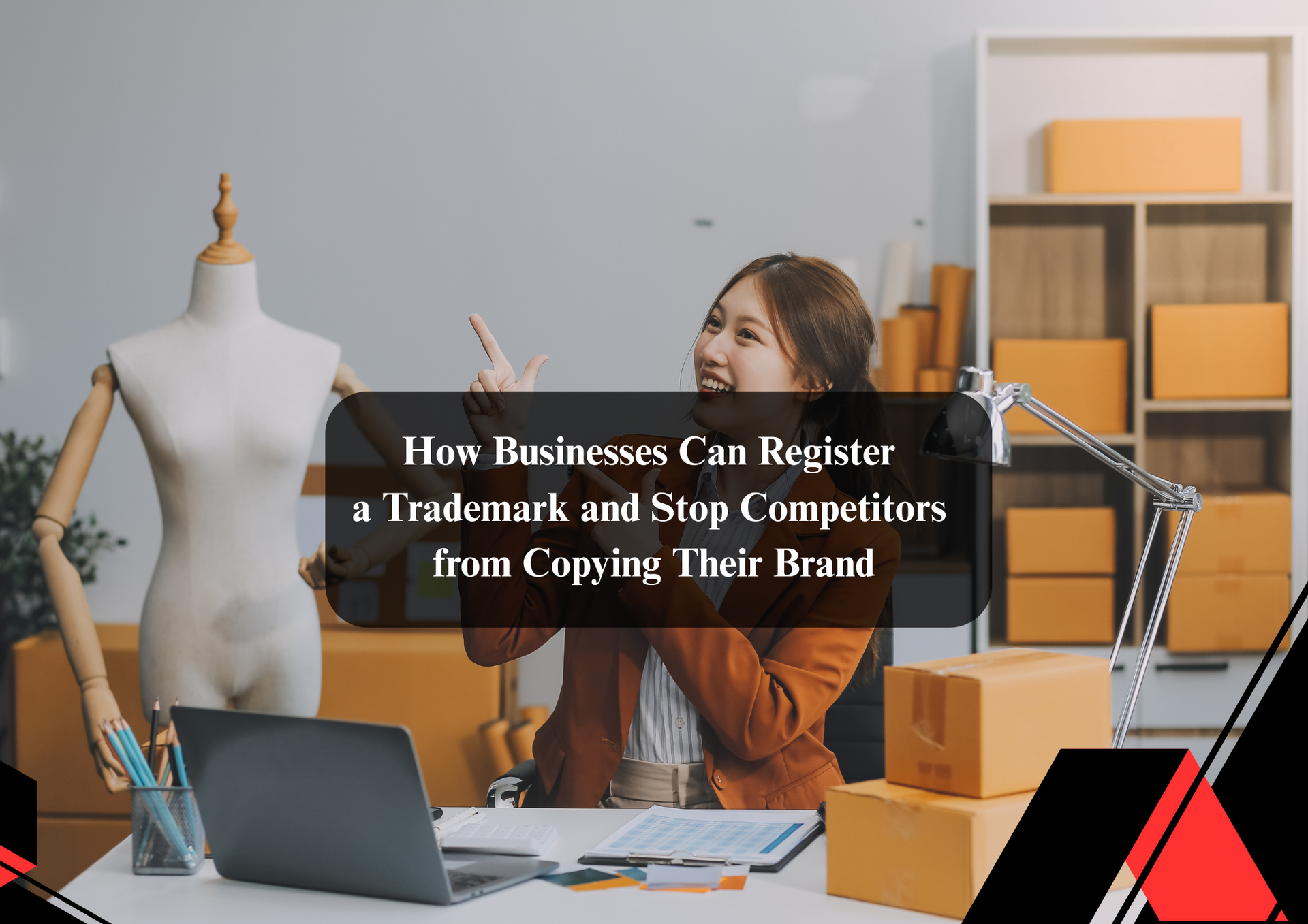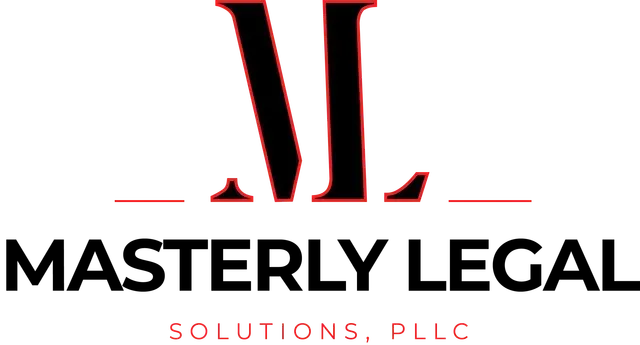The Key Elements of Copyright Infringement Every Business Owner Should Know
Copyright infringement is a serious legal issue that can threaten a business’s intellectual property and financial stability. Whether you are an entrepreneur, content creator, or business owner, understanding the elements of copyright infringement is crucial to protecting your creative assets.
Copyright protects original works that are fixed in a tangible form, such as sound recordings, visual art, musical works, and literary pieces.
The Copyright Act grants exclusive rights to copyright owners, allowing them to publicly perform, distribute, reproduce, and create derivative works from their copyrighted work. Unauthorized use of someone else’s work can result in an infringement suit, leading to costly damages and attorney’s fees.
To safeguard your rights, you need to understand copyright protection, the registration process, and the legal remedies available if infringement occurs.
What Copyright Protects and How It Begins
The Basics of Copyright Protection
Copyright law is designed to protect creative works from unauthorized use. A copyrightable work must meet the following criteria:
- Be an original work created by an individual or entity.
- Be fixed in a tangible medium, such as sheet music, an audio file, a digital file, or a printed book.
- Fall under a category recognized by copyright law, such as musical works, literary works, or dramatic compositions.
Copyright protection begins the moment a work is created and fixed in a tangible form. However, to fully protect your work and gain legal advantages, it is essential to register it with the Copyright Office.
The Key Elements of Copyright Infringement
To file a copyright infringement lawsuit, the copyright holder must prove that:
- The work is protected by copyright and registering your work provides prima facie evidence of copyright ownership.
- The alleged infringer had access to the work.
- There is substantial similarity between the original and the copied work.
- The unauthorized use violates one of the exclusive rights of the copyright owner, such as reproduction, distribution, or public performance.
Without proving these elements, it is difficult to sue for infringement in federal court.
The Benefits of Copyright Registration
Why Registering Your Work Matters
Although copyright protection exists upon first publication, registering your work with the Copyright Office provides significant advantages, including:
- The ability to file an infringement suit in federal court.
- The right to claim statutory damages and attorney’s fees instead of just actual damages.
- A public record of copyright ownership, deterring potential infringers.
- A registration certificate that serves as prima facie evidence of the copyrightable work in court.
Additionally, registration creates legal leverage that allows rights holders to license their work publicly and enforce their intellectual property rights against unauthorized use.
Legal Remedies for Copyright Infringement
Types of Damages in a Copyright Infringement Lawsuit
If a business or individual is found guilty of copyright infringement, the copyright holder can seek:
- Actual damages, which reflect the financial harm caused by the infringement.
- Statutory damages, which can range from $750 to $30,000 per work, even without proving financial loss.
- Damages and attorney’s fees, allowing copyright owners to recover the cost of legal action.
These penalties underscore the importance of registering your work to maximize protection under copyright law.
The Role of Copyright in Business and Industry
Industries Most Affected by Copyright Infringement
Businesses in various industries rely on copyright protection to safeguard their creative assets, including:
- Music and entertainment – Sound recordings and musical works are frequently subject to infringement, including unauthorized digital audio transmission and illegal downloads.
- Publishing and writing – Copyright registration protects books, articles, and digital content.
- Software and technology – Copyright protects code, apps, and digital platforms from piracy.
- Photography and visual media – Visual art and professional photography benefit from registration to prevent unauthorized use.
Proper copyright registration ensures that businesses can sue infringers and save time by avoiding legal battles over ownership disputes.

Avoiding Copyright Infringement: Best Practices for Business Owners
Steps to Protect Your Intellectual Property
To protect your business from potential infringement, follow these steps:
- Register all copyrightable work with the Copyright Office before publishing or distributing it.
- Ensure contracts and agreements define copyright ownership clearly.
- Secure the right license before using someone else’s work to avoid an infringement suit.
- Regularly monitor and enforce your intellectual property rights.
By taking proactive measures, businesses can minimize legal risks and save time in enforcing their rights.
Essential Legal Strategies for Handling Copyright Infringement Claims
When a copyright claim arises, business owners must understand their legal options and the steps required to defend their intellectual property rights. One of the critical aspects of pursuing an infringement suit is the ability to prove actual damages caused by unauthorized use of a copyrighted work. Courts may award damages based on lost revenue, market harm, or licensing fees that the copyright owner would have received.
Filing a copyright infringement lawsuit in federal court requires paying a filing fee, and if the case escalates, it may even reach the Supreme Court for review. Businesses must take proactive measures, such as obtaining copyright registration, to strengthen their legal position and ensure they have the necessary proof to seek compensation. By implementing essential legal strategies, companies can effectively safeguard their creative assets and pursue rightful claims against infringers.
The Benefits of Copyright Registration for Business Owners
One of the most important steps in protecting your creative assets is securing copyright registration with the Copyright Office. While copyright protection begins as soon as a work is fixed in a tangible medium, registering your work provides significant legal and financial advantages.
The benefits of copyright registration include:
- The ability to file a copyright infringement lawsuit in federal court.
- A public record of copyright ownership, strengthening your legal claims.
- Eligibility for statutory damages and attorney’s fees, even without proving financial loss.
- Stronger legal standing to prove actual damages in an infringement suit.
By registering your work, you gain the necessary leverage to enforce your intellectual property rights and take action against those who unlawfully use your content.
Ensuring Your Work is Protected by Copyright from the Moment of Publication
Every copyrightable work is automatically protected by copyright the moment it is fixed in a tangible form. However, without copyright registration, enforcing your rights becomes significantly more challenging. A publication—whether it’s a book, musical work, sound recording, or digital content—marks a crucial step in establishing ownership and proving infringement if someone unlawfully uses your work.
By formally registering your work with the Copyright Office, you create a public record of copyright ownership, making it easier to enforce your rights in federal court. Businesses and creators should take proactive steps to secure their intellectual property before publication to ensure maximum legal protection.
Contact Masterly Trademarks for Expert Copyright Protection
If you want to protect your business’s intellectual property, registering your work is the best way to secure your rights and enforce legal claims. At Masterly Trademarks, we help business owners navigate the copyright registration process, ensuring they have the ability to sue in federal court when necessary.
Don't let unauthorized use of your copyrighted work go unchecked. Contact us at (972) 236-5051 for a free consultation, and let us help you safeguard your business from copyright infringement risks.
You might also like



